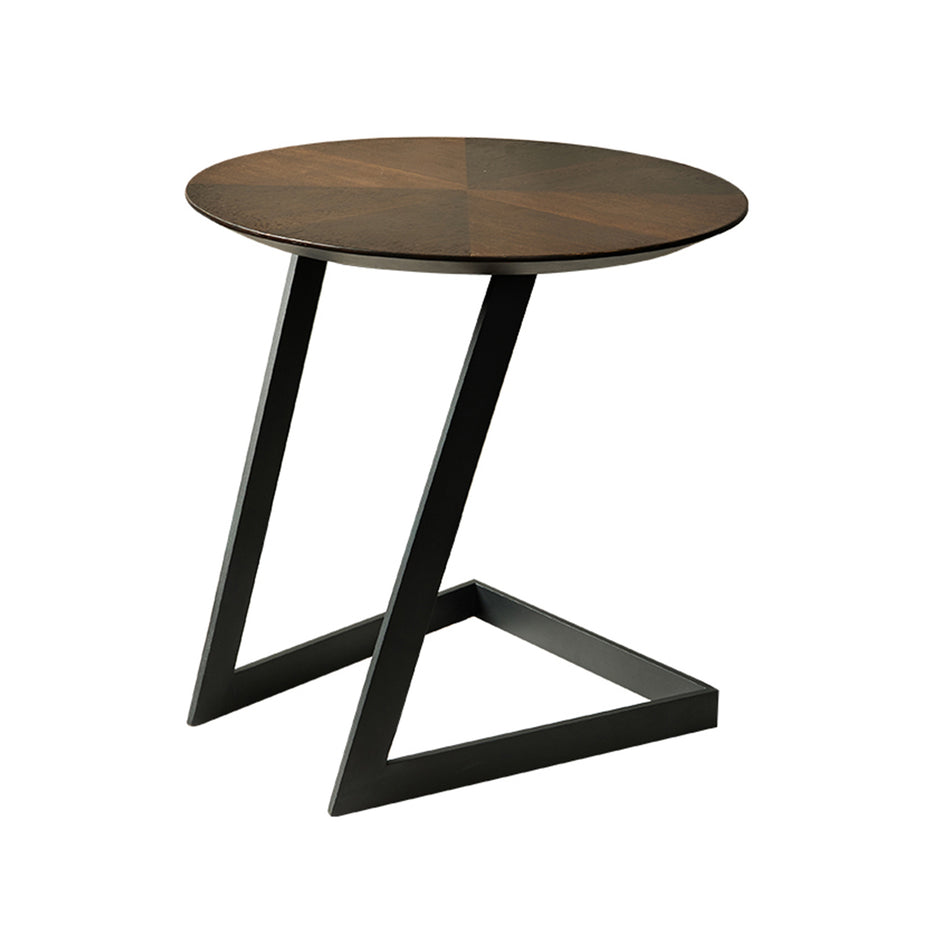The coffee table has undergone a remarkable transformation since its inception. Originally designed as a practical piece of furniture, it has evolved into a stylish centrepiece that reflects personal taste and enhances the overall aesthetic of a living space. This article delves into the history, functionality, and contemporary significance of the coffee table.

Historical Context of the Coffee Table
The concept of the coffee table can be traced back to the 18th century, where it served a simple purpose: to hold beverages and snacks during social gatherings. Early designs were often ornate, reflecting the opulence of the period. As time progressed, the coffee table began to adapt to changing lifestyles and tastes.
Functionality Meets Design
In the 20th century, the coffee table became more than just a functional item. Designers began to experiment with various materials, shapes, and sizes, leading to the creation of iconic pieces that are now considered classics. For instance, the minimalist designs of the mid-century modern era emphasised clean lines and simplicity, making the coffee table an integral part of modern interior design.
Key Features of Modern Coffee Tables
- Versatility: Modern coffee tables come in various styles, from traditional to contemporary, allowing them to fit seamlessly into any decor.
- Storage Solutions: Many contemporary designs incorporate storage options, such as drawers or shelves, making them practical for everyday use.
- Materials: Today’s coffee tables are crafted from a range of materials, including wood, glass, and metal, each offering unique aesthetic qualities.
- Multi-functionality: Some coffee tables can transform into dining tables or include built-in features like cooling compartments for beverages.
The Coffee Table as a Style Statement
In recent years, the coffee table has emerged as a significant style statement within the home. It is often the focal point of a living room, bringing together various design elements. When selecting a coffee table, consider how it complements your existing furniture and overall decor. Would a bold, artistic piece enhance your space, or would a sleek, understated design be more appropriate?
Choosing the Right Coffee Table
When choosing a coffee table, several factors should be considered:
- Size: Ensure the table is proportionate to your seating arrangement.
- Style: Select a design that reflects your personal taste and harmonises with your decor.
- Functionality: Consider how you intend to use the table—will it be primarily decorative, or will it serve a practical purpose?
For a diverse selection of coffee tables that cater to various styles and needs, visit .
Conclusion
The evolution of the coffee table illustrates the dynamic relationship between functionality and fashion in interior design. As we continue to redefine our living spaces, the coffee table remains a vital piece of furniture that combines practicality with aesthetic appeal. Whether you prefer a classic design or a modern statement piece, the right coffee table can enhance your home’s atmosphere and reflect your unique style.













